Dining is as much about the experience as it is about the food. Understanding and practicing good dining etiquette can elevate any meal, whether it’s a casual get-together or a formal dinner. Here are some common faux pas that diners often make, along with some that are even more cringe-worthy.
1. Snapping At The Server
In the hustle and bustle of dining out, some people resort to snapping at servers to grab their attention. This behavior is not only disrespectful but also reflects poorly on one’s manners. Imagine a scenario where a simple smile and a raised hand could have sufficed.
Servers are trained to notice subtle cues, and being polite can go a long way. This habit, unfortunately, persists among many diners, but breaking it ensures a more pleasant experience for everyone involved.
2. Not Saying Please Or Thank You
Lack of basic courtesies like saying please or thank you can leave a lasting impression. It’s amazing how these simple words can create a positive atmosphere. They’re a universal language of kindness, and omitting them can make interactions seem transactional.
In a dining context, where service is about hospitality, acknowledging the effort of the staff is paramount. Such small words hold great power in fostering goodwill and respect.
3. Talking With Your Mouth Full
One of the most off-putting actions at the dining table is talking with a mouth full of food. The image it presents is often unappealing, and it makes communication unclear. When engaged in conversation, pausing to chew and swallow can make interactions more pleasant.
It shows consideration for your dining companions and enhances the overall dining experience. This etiquette blunder can easily be avoided with mindfulness.
4. Checking Your Phone Constantly
In today’s digital age, the allure of the smartphone is hard to resist, even at the dinner table. Yet, constantly checking your phone signals disinterest and can be seen as rude. When dining, focusing on the present company fosters connection.
By setting the phone aside, one demonstrates respect and attention. The act itself becomes a statement of valuing the shared meal and the company more than the digital world.
5. Showing Up Late Without Telling Anyone
Punctuality speaks volumes about respect for others’ time. Arriving late to a meal without informing your hosts can cause unnecessary disruptions. It can leave others waiting and affect the flow of the dining experience.
A simple message or call can alleviate misunderstandings and show thoughtfulness. Valuing time, both yours and others’, is an integral aspect of dining etiquette that ensures harmony and enjoyment for all involved.
6. Not Tipping Enough
Tipping is more than just a gesture; it’s a recognition of service provided. Leaving an inadequate tip can diminish the effort and care offered by the restaurant staff. It’s essential to understand the local tipping customs to avoid unintentionally insulting your server.
A tip reflects your appreciation for a job well done and contributes to the livelihood of those in the service industry. Generosity in tipping can enhance your reputation as a considerate diner.
7. Reaching Across The Table
Stretching across the table to grab an item can disrupt the dining environment and invade personal space. It’s a gesture that can appear inconsiderate and clumsy. Asking someone to pass an item not only maintains order but also engages others in the dining process.
Respecting the boundaries of your fellow diners enhances the dining experience. Such mindfulness ensures that everyone enjoys their meal undisturbed.
8. Taking Calls At The Table
Receiving calls during a meal can interrupt the ambiance and flow of conversation. It’s perceived as prioritizing the call over the company present. Instead, excusing oneself to take a call shows respect for fellow diners.
By keeping phone interruptions to a minimum, you foster a more cohesive dining atmosphere. Balancing professional demands while being present at the table is a skill worth mastering in dining etiquette.
9. Letting Kids Run Wild
When dining with children, maintaining control is crucial for a harmonious environment. Allowing kids to run amok can disrupt other patrons’ experiences and create chaos. Engaging children in conversation or activities at the table can keep them occupied.
Setting boundaries and expectations beforehand helps ensure a pleasant experience for everyone. Dining out can be an opportunity for teaching kids about etiquette and respect.
10. Using Too Much Perfume Or Cologne
Overpowering scents can detract from the enjoyment of a meal. Strong perfumes or colognes at the dining table can interfere with the subtle aromas of the food.
It’s considerate to keep fragrance minimal to avoid overshadowing the culinary experience. A light touch of scent respects the sensory balance. In dining, where flavors and aromas are key, subtlety in personal fragrance is a thoughtful touch.
11. Leaving Without Paying Your Share
Walking out without settling your part of the bill is a breach of trust among diners. It places an unfair burden on those left behind to cover the cost. This action can damage relationships and create awkward situations.
Open communication about splitting the bill can prevent misunderstandings. It’s wise to be clear about payment arrangements beforehand. Honoring these agreements reflects integrity and respect.
12. Sending Food Back Rudely
Returning a dish is a sensitive task best handled with grace. Being rude can embarrass the staff and fellow diners. Constructive feedback, presented politely, can lead to a positive resolution.
It’s important to remember that mistakes happen, and addressing them with kindness can enhance relationships. Dining is a shared experience, and maintaining a pleasant atmosphere benefits everyone involved.
13. Complaining Loudly The Whole Meal
Constant complaining can cast a shadow over the dining experience. Loud grievances disrupt not only your table but also those nearby. It’s more constructive to address issues quietly and directly with the staff.
Creating an enjoyable atmosphere involves seeing the positive and handling the negative with discretion. Dining with a positive mindset can transform the meal into a memorable occasion.
14. Treating Staff Disrespectfully
Disrespect towards staff can sour the dining experience for everyone. Acknowledging the effort and challenges involved in service fosters appreciation. Kindness and patience can turn a routine meal into a delightful experience.
When diners treat staff well, it often results in better service. Respect is a two-way street that enhances the dining encounter and leaves a lasting impression.
15. Making A Mess And Not Cleaning Up
Leaving a mess behind is inconsiderate to both staff and future diners. Tidying up after oneself reflects well on character and respect for the establishment. Small actions, like stacking plates or wiping spills, make a huge difference.
It showcases responsibility and thoughtfulness. Dining etiquette extends beyond eating; it includes the aftermath. Ensuring a clean space as you leave is a mark of a considerate diner.

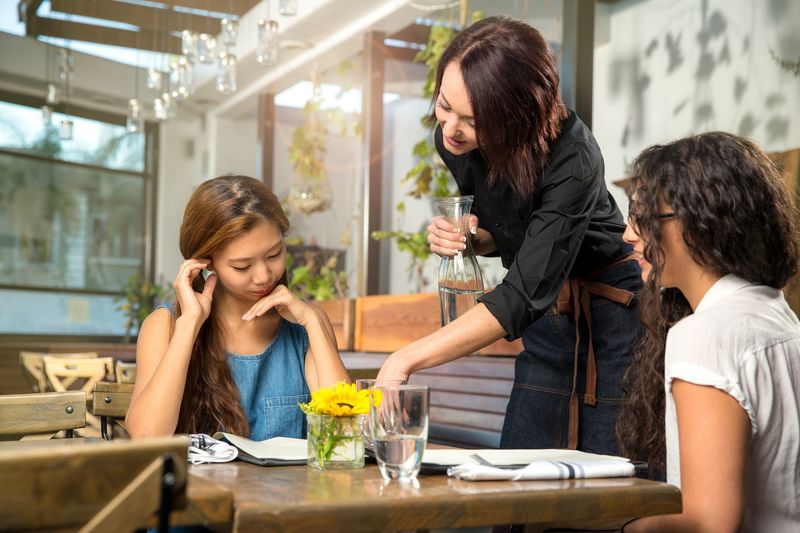

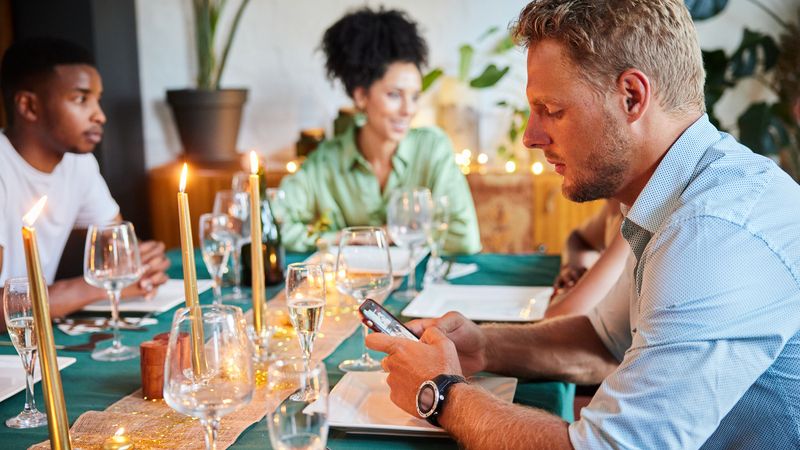

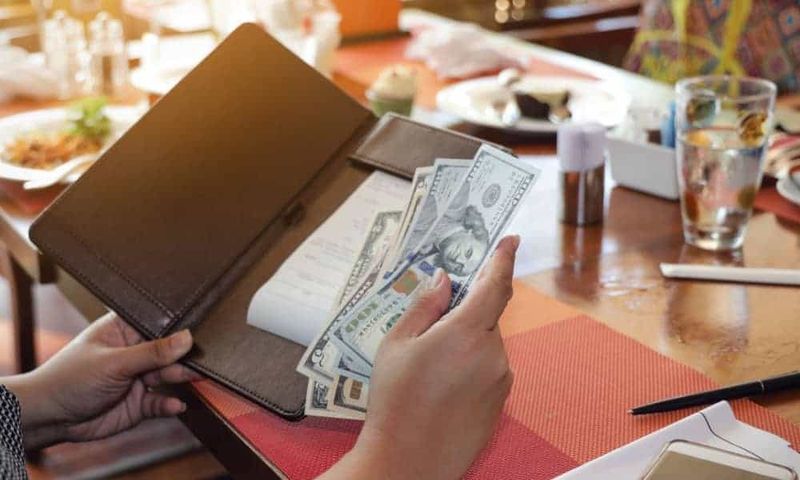

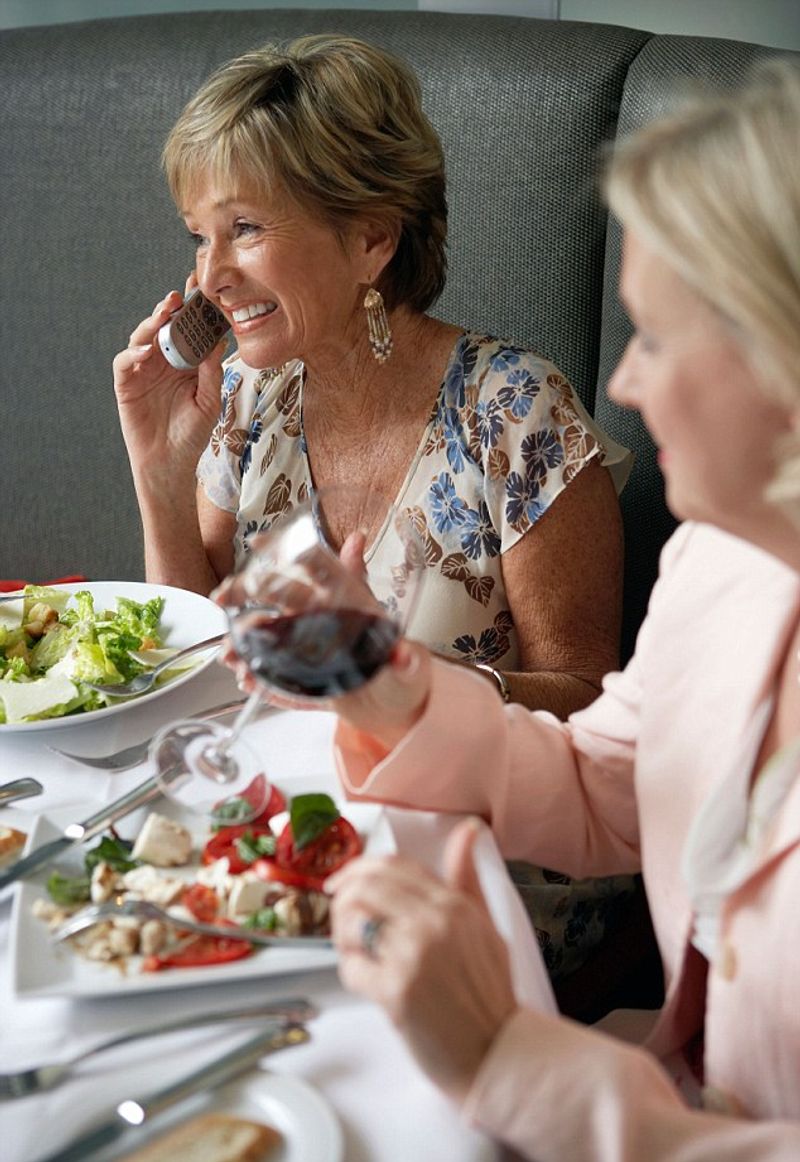
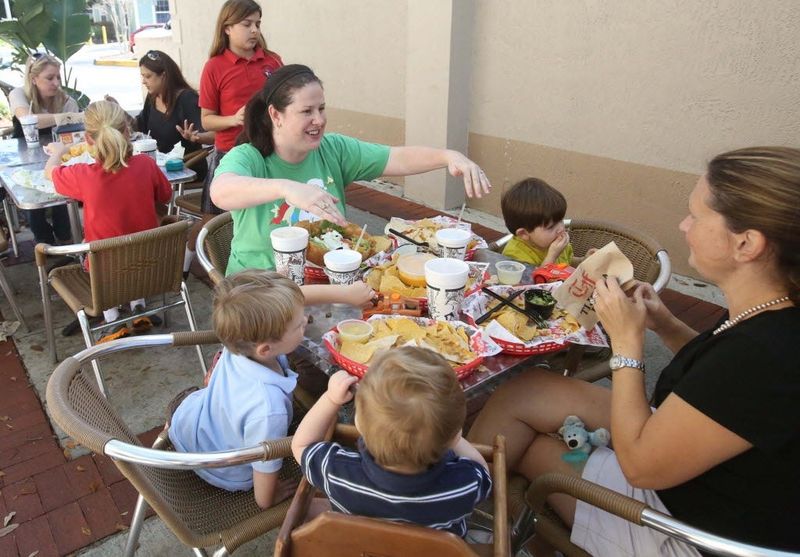


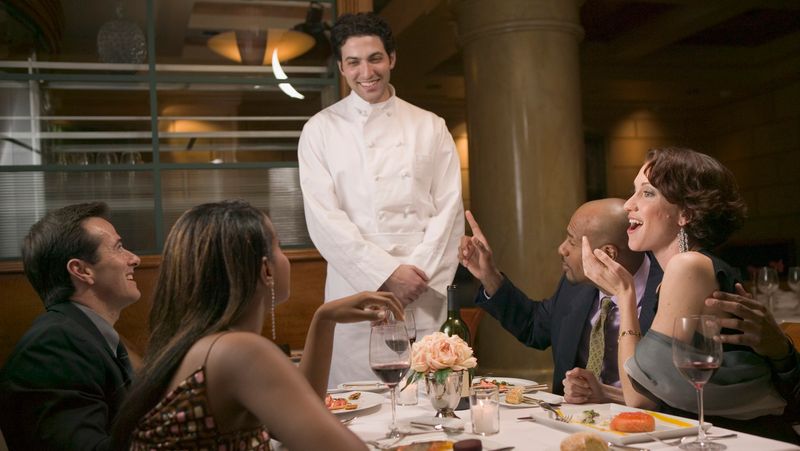

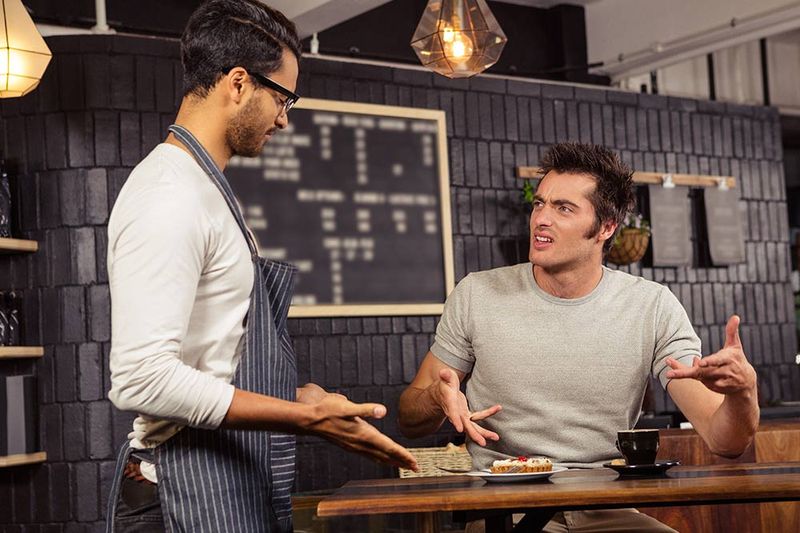
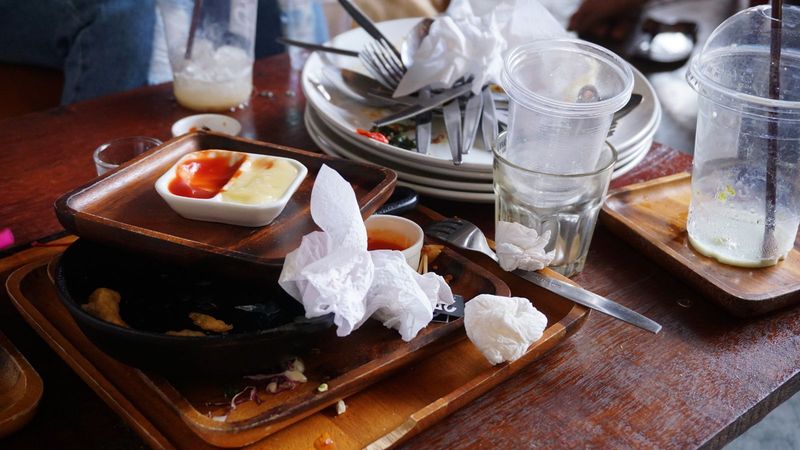
Leave a comment